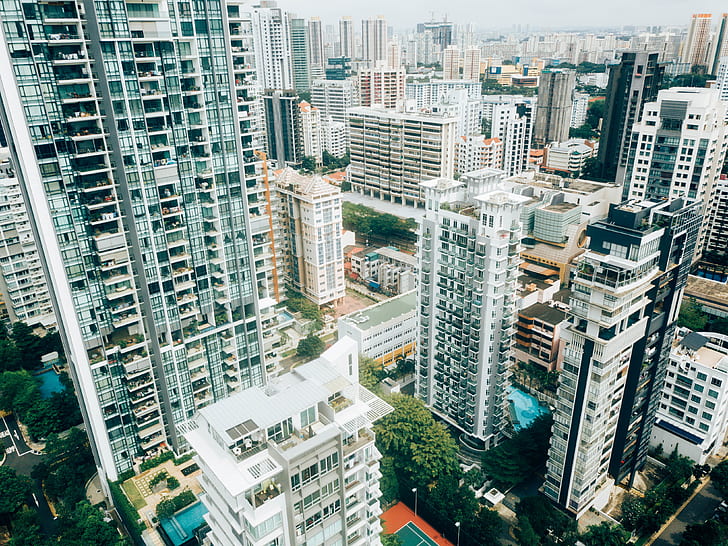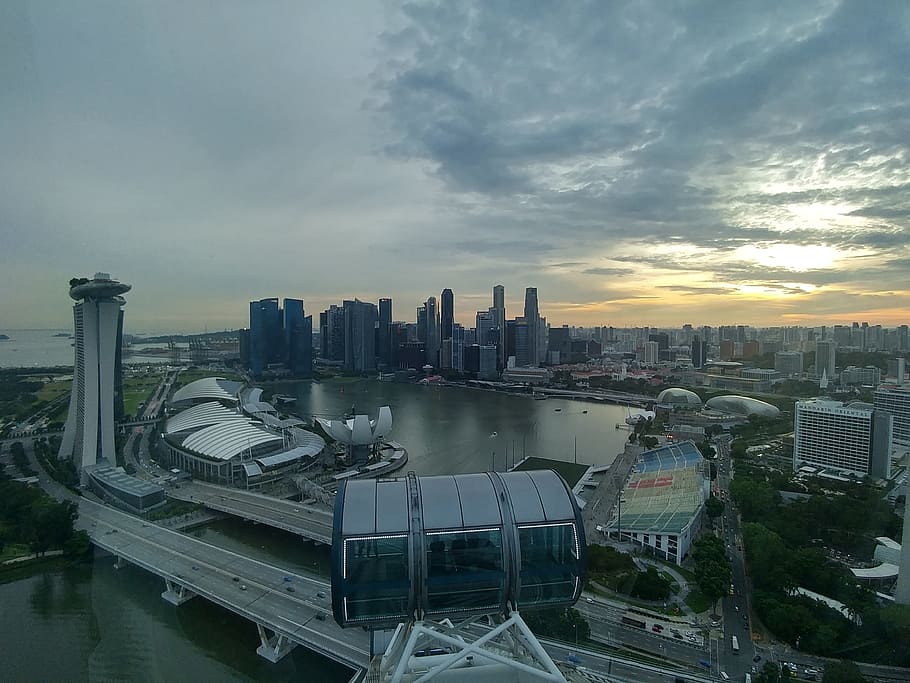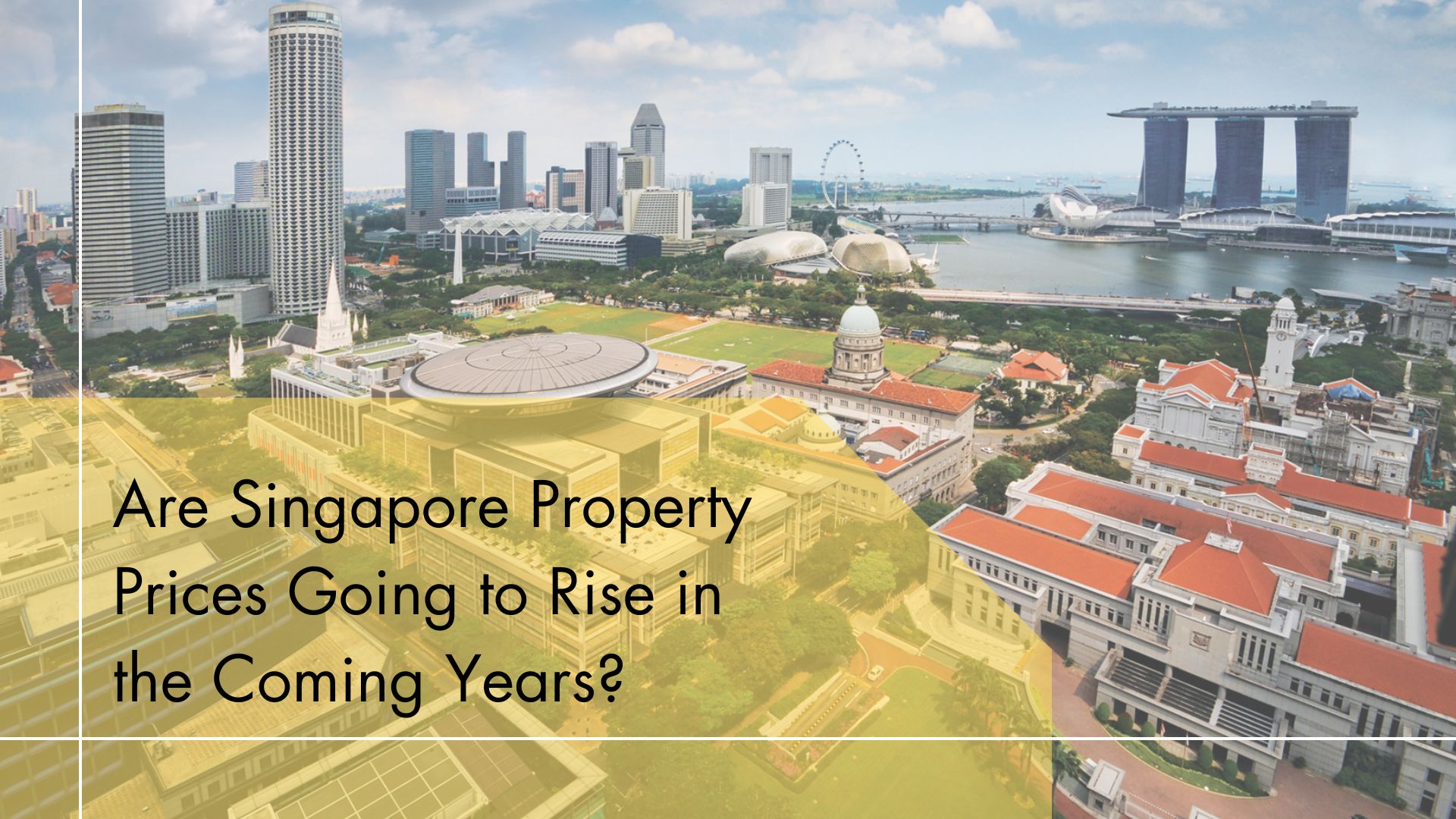The Singapore property market has long been a topic of interest and speculation for property enthusiasts and investors alike.
As you search for answers to the underlying question, “Are Singapore property prices going to rise in the next few years?” It is imperative to consider various factors that could influence the market. This article will examine the favorable and unfavorable factors that could affect Singapore’s real estate values, giving you a thorough summary to help you make decisions.
Factors that Could Influence Singapore Property Prices:
Rising Interest Rates-
The Monetary Authority of Singapore (MAS) has already tried to cool down the real estate market by boosting interest rates. This intends to curb excessive speculation and prevent an unsustainable property bubble. As interest rates rise, potential buyers may face higher mortgage costs, dampening demand and lowering property prices.
Rising Inflation-
Inflation, a global concern, is also on the rise in Singapore. The impact of inflation on property prices can be twofold. Firstly, higher inflation may increase mortgage payments, reducing purchasing power and property demand.
Secondly, inflation can lead to a rise in construction and maintenance costs, which may trickle down to property prices. As a result, buyers may need help with the increased cost of homeownership.

Economic Slowdown-
The global economy is experiencing headwinds, such as geopolitical tensions and rising inflation. Singapore is not immune to these external factors as a highly connected nation. An economic slowdown can potentially have adverse effects on property prices.
Reduced economic growth may dampen property demand, resulting in downward price pressure. Therefore, it is crucial to monitor global economic conditions when assessing Singapore’s property market.
Government Policies-
The Singapore government has implemented various policies to regulate and stabilize the property market. The Additional Buyers’ Stamp Duty (ABSD) and Total Debt Servicing Ratio (TDSR) have effectively curbed excessive speculation and managed household debt.
These policies aim to maintain a stable and sustainable property market. However, continuing such policies in the coming years could put downward pressure on property prices as they restrict demand.
Factors Supporting Property Prices:
While some factors may lead to a decline in property prices, it is important to acknowledge the aspects that could support the market.
Strong Demand-
Singapore, being a small country, faces the challenge of meeting the growing housing needs of its population. A steadily increasing population exerts upward pressure on housing demand. Consequently, sustained demand for housing in Singapore may help maintain or even drive up property prices.
Limited Supply-
In recent years, the Singaporean government has been putting regulations in place to control the supply of new dwellings.

This restricted supply and increasing demand can create a scenario where demand outstrips supply, resulting in higher property prices. The limited availability of land in Singapore further accentuates this effect.
Investment Demand-
Long regarded as a refuge for real estate investment in Singapore. Investors often view the property as a reliable long-term asset with the potential for appreciation. This perception, coupled with the stability of Singapore’s economy and its reputation as a global financial hub, can continue to attract investment demand in the property market. Such investment interest can contribute to sustaining or increasing property prices.
The Uncertainty and Importance of Research:
In conclusion, predicting the future of Singapore’s property prices with certainty is challenging. The market is susceptible to many positive and negative influences that may affect its course. It is essential to have extensive research and get guidance from financial professionals who can walk you through the dangers and potential rewards before making decisions concerning property investments in Singapore.








Leave A Comment